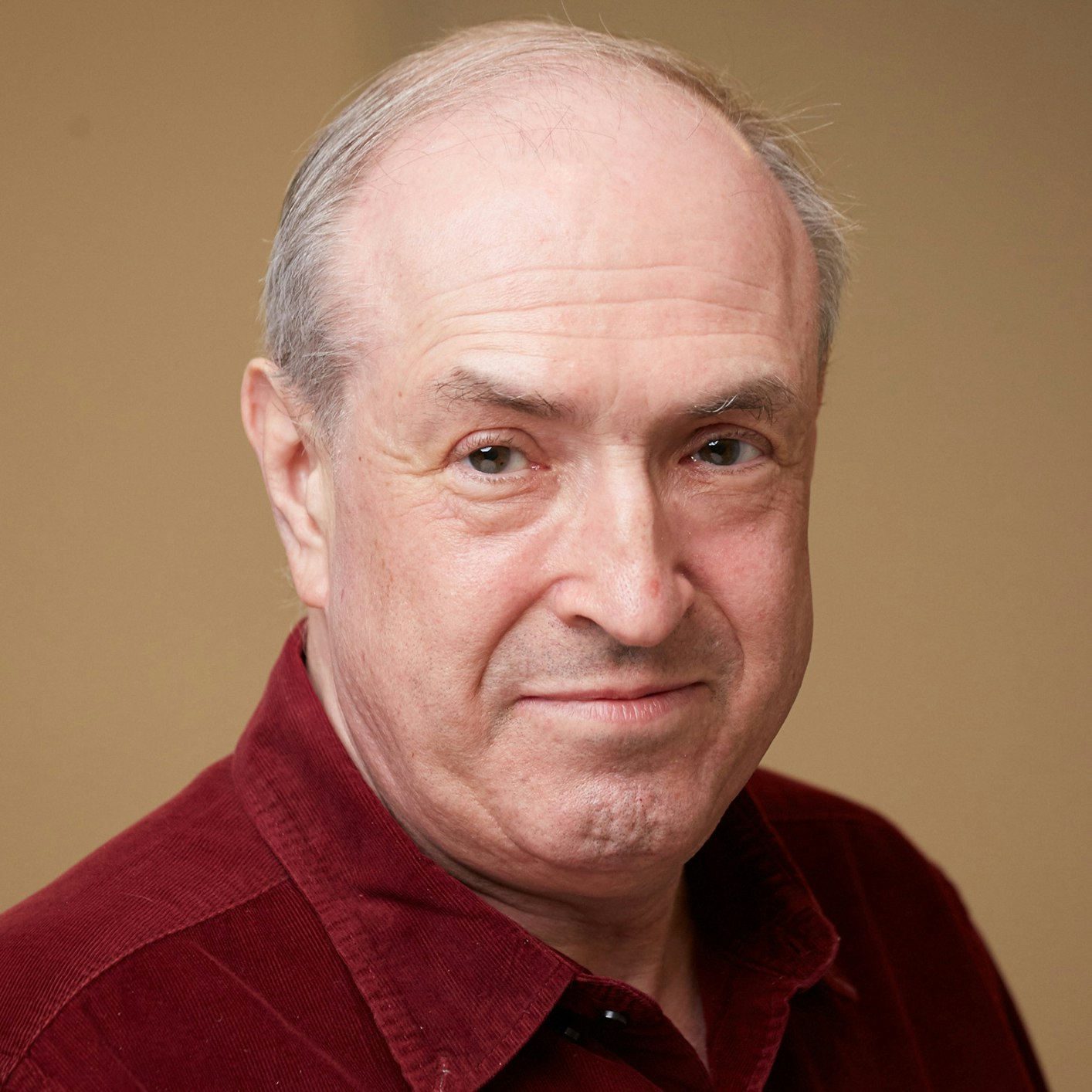Now You See Him, Now You Don’t: Switzerland’s Troubling Gaydamak Affair
By Ken Hurwitz
Arcadi Gaydamak, the controversial Russian-born businessman and arms dealer, has been on the run from French justice since long before 2011, when he was sentenced to three years in prison for tax offenses and money laundering linked to the Angolagate arms-trading and corruption scandal.
Gaydamak, who now has residence in both Russia and Israel, was targeted again in April this year in a criminal complaint (dénonciation pénale) filed by four Angolan citizens with Swiss federal prosecutors. The complaint alleged that he colluded in bribery, money laundering, and/or abuse of trust in connection with the repayment of Angolan sovereign debt to Russia.
So it is not surprising that Gaydamak’s arrest on November 19 in Zurich created a stir among those who follow his career—as did his release by Swiss prosecutors some two weeks later.
News that he had been detained did not emerge publicly until November 26. Surprisingly, the grounds given for the arrest involved neither the outstanding French warrant nor the Angola debt deal complaint. Rather, the reason given for the arrest was a relatively minor commercial dispute involving a €400,000 debt owing to former soccer star Luis Fernandez, whom Gaydamak had employed but allegedly failed to pay as manager of the Jerusalem soccer team Beitar, which Gaydamak once owned.
Angolans, Swiss and many others scratched their heads. The French arrest warrant is widely known, and the Angola debt deal case is a vastly weightier matter than the Fernandez dispute. Just a month before the arrest, Swiss federal prosecutors had confirmed to François Membrez, the lawyer representing the Angola dénonciateurs, that the prosecutors had accepted “federal competence” over the Angola debt complaint, and the case was active.
After the arrest, French prosecutors reportedly communicated their strong desire to have Gaydamak extradited to serve his three-year sentence. Whether the Swiss would comply was unclear, and Swiss authorities uttered not a single word about the Angola debt case.
As soon as Mr. Membrez heard about the arrest, he wrote to the Federal prosecutors urging them to question Gaydamak, and, if appropriate, to keep him in custody. He got no response from Bern. He was “baffled as to how serious investigators could have thrown away the opportunity to question Gaydamak in detail about an active investigation while he was in Swiss custody.” Troubled, he concluded that “They appear to have abdicated their responsibility to investigate.”
Meanwhile the local (not federal) prosecutor in Geneva, Dario Zanni, who had apparently precipitated the arrest in connection with the Fernandez matter, reportedly sought to bolster the legal grounds for keeping Gaydamak in custody, recognizing that the €400,000 allegations were not serious enough to hold him for long.
Aware of the outstanding Angola debt deal complaint, Mr. Zanni contacted the federal prosecutor’s office, trying to convince them to move on the basis of the Angola debt complaint.
But, as the French investigative web site Mediapart reported, “he ran into a wall of indifference, finally learning from the mouth of an official in Bern that the famous [Angola debt deal] criminal complaint had been … rejected on November 28. That is, nine days after Gaydamak was first arrested in Zurich.” [See full report in French here (subscription access)]
Then, on December 4, it was announced that Gaydamak had paid off the disputed €400,000 to Fernandez, and was on a plane to Israel. Somehow the French had failed to get their official extradition request in time to the Swiss.
According to Mediapart, the applicable rules were understood to require delivery of the document to the Swiss by diplomatic pouch. An extradition request from the French court got to the French Foreign Ministry in the Quai d’Orsay on Thursday, November 28. According to Mediapart: “Nothing happened on Friday, the 29th. The Quai d’Orsay waited until Monday, December 2, to send the precious document, which did not arrive in Switzerland until Wednesday, December 4. Just after Gaydamak had taken off.”
Mr. Zanni was quoted by the French weekly Le Canard Enchaîné as saying that “it was at the political level that this got blocked in France.”
As for the politics in Switzerland, the stunning failure to question Gaydamak on the active case regarding the Angola debt deal is also raising serious questions. Though Mr. Zanni was told the file had been closed on November 28, the federal prosecutor appears not entirely sure. A spokesman later told Mediapart that that “no decision has yet been made,” about the case, refusing, however, to say anything further on the delicate matter.

Until November 2021, Ken Hurwitz was senior managing legal officer with the Open Society Justice Initiative.